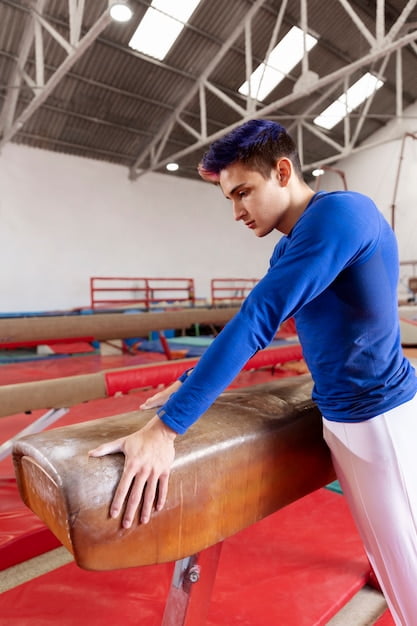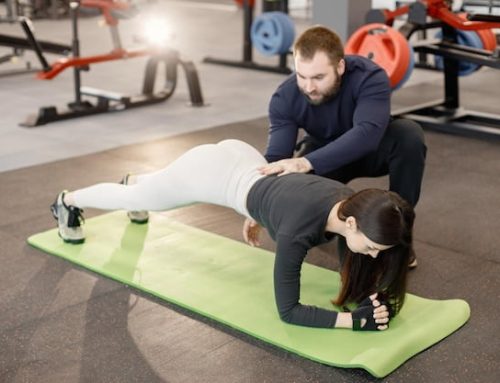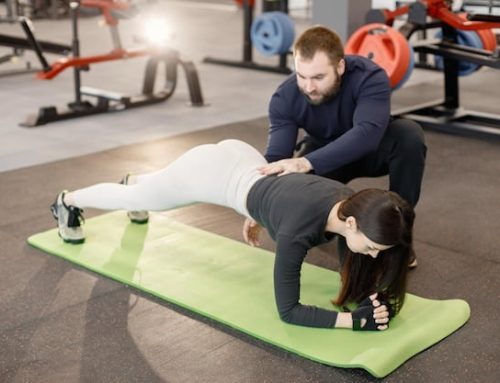The Importance of Sports-Specific Training
When it comes to achieving peak performance in any sport, it’s essential to prepare your body and mind for the specific demands of that sport. Sports-specific training is a type of training that involves tailoring your exercise regimen to enhance your performance in your sport of choice. This type of training not only improves the physical abilities needed in a sport; it also sharpens the mental focus required to succeed in competitive environments.
What is the Purpose of Sports-Specific Training?
Sports-specific training is designed to improve the unique skills and abilities required for specific sports. It involves exercises and drills that are tailored to the movements and muscle groups used in the sport, as well as the speed, agility, and coordination needed to perform at a high level. The emphasis is on strengthening the body, developing sport-specific skills, and improving overall performance.
Benefits of Sports-Specific Training
The benefits of sports-specific training are numerous. By targeting the unique demands of your sport, you can see improvements in your overall performance, as well as a reduction in your risk of injury. Specific benefits can include:
- Improved Strength, Power, and Endurance:
- Increased Speed and Agility:
- Improved Coordination and Balance:
- Reduced Risk of Injury:
Sports-specific training can help you develop the physical abilities needed for your sport, including strength, power, and endurance. By targeting exercises that mimic the movements and demands of your sport, you can see improvements in your overall performance.
Many sports require quick movements and changes of direction. Sports-specific training can help you develop the speed and agility needed to perform at a high level. Through targeted exercises, you can improve your acceleration, deceleration, and lateral quickness.
Sports-specific training can help you improve your coordination and balance, which are essential skills in many sports. By targeting exercises that require coordination and balance, you can improve your overall performance and reduce your risk of injury.
By improving your strength, flexibility, and agility, you can reduce your risk of injury. Sports-specific training can also help you identify and correct any imbalances or weaknesses that could lead to injury.
Examples of Sports-Specific Training
Sports-specific training can vary depending on the sport and the individual needs of the athlete. However, some common examples of sports-specific training include:
- Weight training:
- Plyometrics:
- Agility drills:
- Sport-specific drills:
Weight training is an important part of sports-specific training. By focusing on exercises that target the muscle groups used in your sport, you can improve your strength and power.
Plyometrics involves explosive movements such as jumping and bounding. This type of training can help you develop the explosive power needed for many sports, including basketball, soccer, and football.
Agility drills involve quick movements and changes of direction. These types of drills can help you improve your speed and agility, which are essential skills in many sports.
Sport-specific drills involve exercises that mimic the movements and demands of your sport. These drills can help you develop the skills needed to perform at a high level.
Getting Started with Sports-Specific Training
If you’re interested in sports-specific training, it’s important to work with a qualified trainer who can help you design a program that meets your individual needs. A good trainer can help you identify your strengths and weaknesses, set realistic goals, and develop a program that will help you achieve those goals.
In Conclusion
Sports-specific training is a critical component of any athlete’s training program. By targeting the unique demands of your sport, you can improve your strength, power, speed, agility, coordination, and overall performance. By reducing your risk of injury, you can stay healthy and continue to compete at a high level. If you’re serious about achieving peak performance in your sport, consider adding sports-specific training to your workout regimen.






